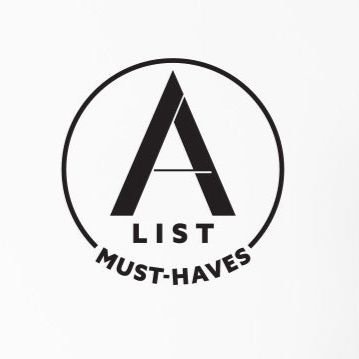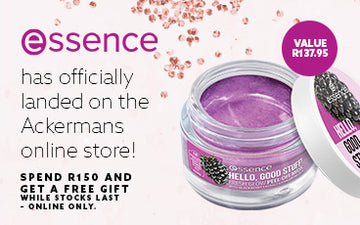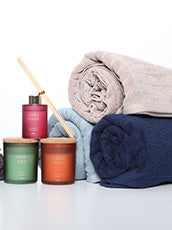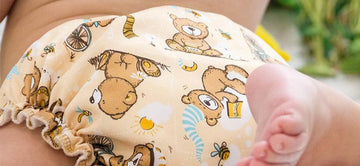There’s a lot of hype around cloth nappies at the moment – by now, you probably have a friend who swears by cloth nappies and have seen them available to purchase online and in stores. But will using cloth nappies really save you money, are they worth the effort, and where do you even start? Here’s everything you need to know…
The pros of using cloth nappies
They’re eco-friendly
Did you know that single-use nappies can take up to 150 years to decompose in a landfill? For many moms, the eco-friendly benefits of reusable cloth nappies are the biggest selling point. This is not to say that reusable cloth nappies have no negative environmental impact: they do require more water, detergent and appliance energy over time, but this still results in less of an environmental impact overall when compared to disposable nappies.
They’re cost effective
Newborns will go through between 8 and 10 nappies a day, while older children will use about four over the same time period. So, if you’re planning on doing a load of washing every 2 days, you’d need to have at least 20 cloth nappies to start off with. While this initial outlay is substantial, using cloth nappies will save you money over time.
According to South African Cloth Nappy Users (SACNU), you can save up to R11 000 over the time your child is in nappies – after all, most cloth nappies are designed to fit your child from the newborn stage until she is toilet trained. And this cost saving goes up to R26 000 if you use the same set of nappies for your next child. Of course, this depends on the reusable nappies you choose and whether you decide to use them exclusively or opt to supplement with single-use nappies at night or while your child is at day care.
They’re cute
Cloth nappies have come a long way in the past 10 years. They are no longer simply white towelling fabric, there are a wide range of adorable designs available that make quite the fashion statement.
The cons of using cloth nappies
They require more effort
You will need to add washing and drying the cloth nappies to your laundry routine, and keep in mind that you’ll have to hang on to soiled nappies when you’re out and about instead of tossing them in the bin. Also, the nappies you use at night may need booster pads or extra inserts, so your little one can sleep for longer without needing to be changed.
Day cares aren’t always prepared to use them
Because they require extra effort to rinse poo nappies, before enclosing them in a bag for you to wash at home, many day cares prefer single-use, disposable nappies – especially if they are caring for a big class of children.
It can take a while to find the right fit for your baby
Leaks are a common frustration for cloth nappy users and you will need to be committed to the trial-and-error process of finding the right brand, fit and inserts to suit your baby – and this will likely be an ongoing process as your baby grows.























































































































